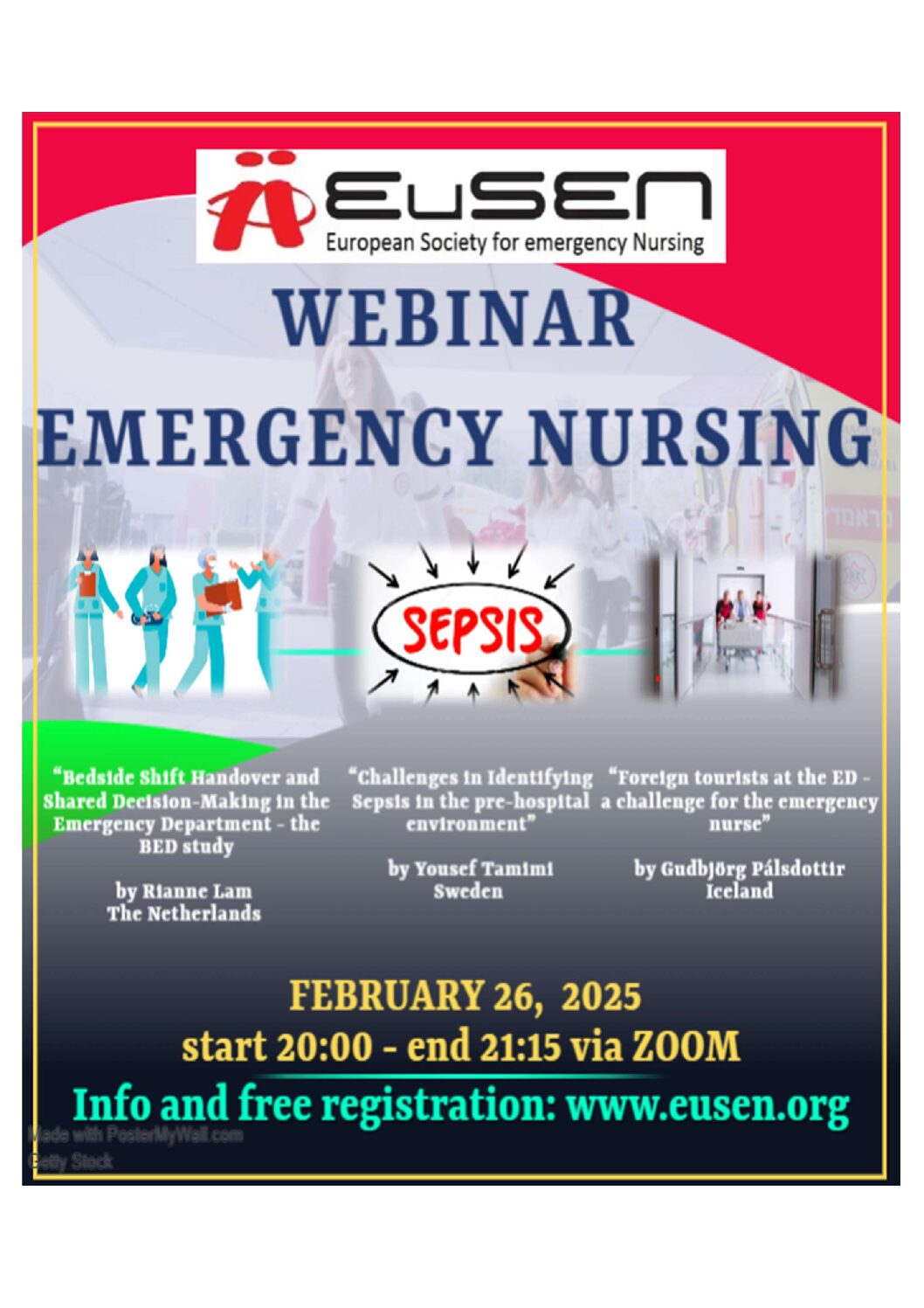#EUSEN2019
Dr Elaine Cole
e.cole@qmul.ac.uk
There are more elderly people alive than ever before in history. Improvements in public health and chronic disease management have resulted in some older people living longer, healthier lives whilst others are frail requiring long term care.
The incidence of severe traumatic injury in older people is increasing year on year and for many trauma systems the elderly comprise the largest group of severely injured patients. Trauma is no longer ‘The leading cause of death in the first four decades of life’.
There doesn’t appear to be a ‘one size fits all’ approach to managing older people in the acute phases of care. Many factors alter early assessment and management, and as a result identifying severe injury in older people is challenging. Further, many clinical guidelines and trauma courses generally don’t reflect the physiological changes associated with ageing or frailty.
As the population continues to age, the number of severely injured older people is predicted to increase. Nurses and other healthcare professionals must enhance their knowledge of ‘silver trauma’ and adapt their care to meet the needs of this patient group.
The silver trauma presentation will:
Discuss contemporary epidemiology of trauma in relation to ageing
Describe the challenges in early assessment and identification of severe injury in older people Identify clinical developments and performance improvement in silver trauma care to enhance the outcomes for older people.












